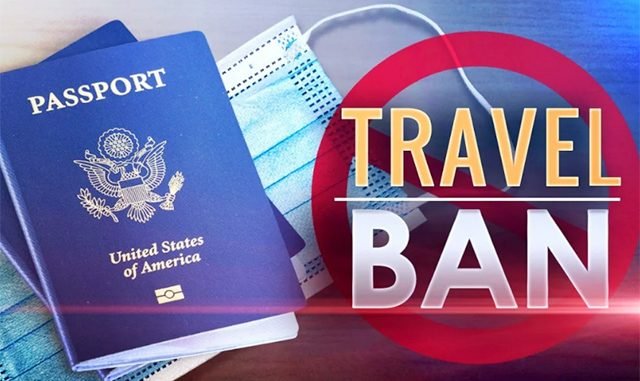
Kampala, Uganda | URN | Despite a growing number of countries impose flight bans on southern African nations due to concerns over the new Omicron variant, the World Health Organization (WHO) urges countries to follow science and the International Health Regulations.
In a statement, the organization warns that travel bans may play a role in slightly reducing the spread of COVID-19 but place a heavy burden on lives and livelihoods.
“If restrictions are implemented, they should not be unnecessarily invasive or intrusive, and should be scientifically based, according to the International Health Regulations which is a legally binding instrument of international law recognized by over 190 nations”, reads the statement in part.
South Africa informed WHO about the omicron variant on November 24th and it has since been placed under variants of concern urging countries to be on the lookout for it.
However, the EU, US, and UK have imposed travel restrictions on South Africa and yet more other countries continue to report identifying the deadly COVID-19 variant in their sequencing.
“The speed and transparency of the South African and Botswana governments in informing the world of the new variant are to be commended. WHO stands with African countries which had the courage to boldly share life-saving public health information, helping protect the world against the spread of COVID-19,” said Dr. Matshidiso Moeti, WHO Regional Director for Africa adding that a special session on pandemic preparedness will sit on Monday to forge the way forward.
“I urge all countries to respect their legal obligations and implement scientifically based public health actions. It is critical that countries that are open with their data are supported as this is the only way to ensure we receive important data in a timely manner,” she said.
While investigations continue into the Omicron variant, WHO recommends countries to take a risk-based and scientific approach and put in place measures that can limit its possible spread.
Among these, she said flight bans shouldn’t be an option since already two other countries have reported the strain.
Read Also: Busia COVID-19 task force wants border closed over Indian variant
“With the Omicron variant now detected in several regions of the world, putting in place travel bans that target Africa attacks global solidarity. COVID-19 constantly exploits our divisions. We will only get the better of the virus if we work together for solutions,” said Dr. Moeti.
Urging countries to take key steps to enhance efforts to track the Omicron variant, including ensuring their PCR testing equipment can detect the variant that is thought to mutate faster than the popular delta variant which was first identified in India, WHO also calls for increasing sampling and sequencing of COVID-19 test samples by at least double to 150 samples a week from the current average of 75.
In September 2020, WHO and the Africa Centres for Disease Control and Prevention launched a network of 12 laboratories to reinforce genome sequencing of the virus. Genomic surveillance has advanced significantly since the start of 2021, with the continent recording a five-fold increase in the number of genomes sequenced.



